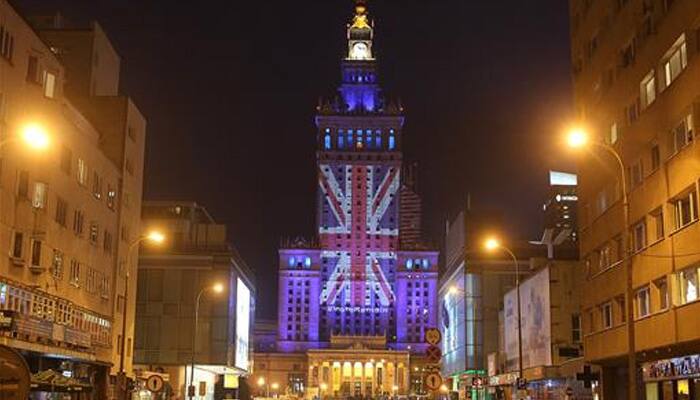Britain has always had an uncomfortable relationship with the European Union. When the idea of EU was first mooted post World War II and Britain was invited for an inaugural partnership, the Brits pooh-poohed the concept. Understandably so. England had not yet come to terms with the fact that its star was fading and the country was no longer considered the “centre of the world”!
But, this meant it was a missed opportunity. Germany and France got the first mover advantage and have since then been considered the most pivotal players on the Continent.
When UK understood the true potential of the JV with EU, it was already the 1960s, and their offer to join was now at the mercy of prominent leaders like France’s Charles de Gaulle, who was not willing to oblige. It was only after his exit that Britain, at last, was allowed on board.
Over 40 years later, England still wants its “country back” and pines to be considered a leading power in a standalone way, much the way the United States is.
How practical is this ambition in the new geo-political set-up remains to be seen. But the country is divided deeply and at near half position. With 44-45% on both sides of the viewpoint, and the remaining undecided.
As much as a marriage with Europe offers economic opportunity and free trade, it equally means conceding unilateral decision making powers and being open to an influx of immigrants.
While the likes of the Prime Minister David Cameron argue in favour of remaining, and have proven with figures how immigration translates into GDP growth, his colleagues in the same Conservative party like Boris Johnson are fighting tooth and nail to exit. The maverick ex-mayor of London has always been a Eurosceptic, including in his early years as a journalist with the Times and The Daily Telegraph. Today, as he waits in the wings to take over as the next Prime Minister of Britain, the country needs a discourse over basic points that will determine their future.
Can Britain, for example, absorb 0.5% migrants a year? One would believe so. But it is for the English to decide whether they are comfortable with an influx of European nurses and drivers working for lower wages than what an average local would draw.
That is a price it would have to pay for accessing the vast European market and for the free movement of goods and services. Just as people from the Continent can come and work in Britain without bar, so can the British move to Europe in search of employment and homes.
For those who have Euro phobia, checks and balances are being proposed – no Schengen visa, curbing of state benefits to migrants, continuation of the Sterling Pound etc.
As far as the perception crisis goes, the British would have to take a pragmatic look at their place in the contemporary world. When they talk about “taking back control” and not wanting to be one of the players in a large super state of EU, they must also brace for job losses and tohubohu in the financial markets.
Unfortunately, as sentiment and debate peaked, fundamentalist attitudes have come forth. The man who murdered Labour MP Jo Cox for her liberal views, had allegedly shouted “Britain First”. Another politician Yvette Cooper has got a death threat over the Brexit issue. Obviously, the road ahead will not be an easy one.
In terms of leadership, a convincing vote to remain in EU could mean David Cameron continues as the prime minister; a slim lead or a vote for exit would see him yielding to a new leader, possibly Boris Johnson.
Results are out this Friday!
















